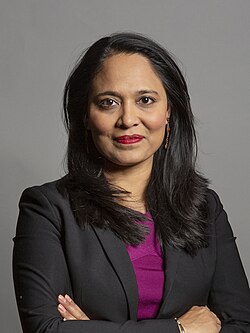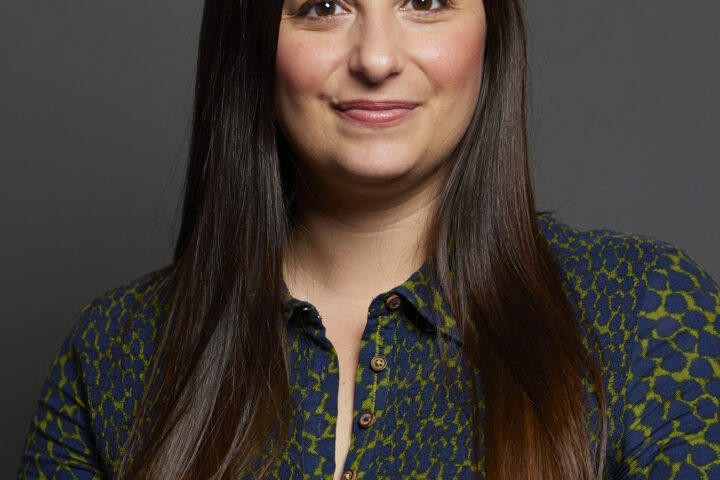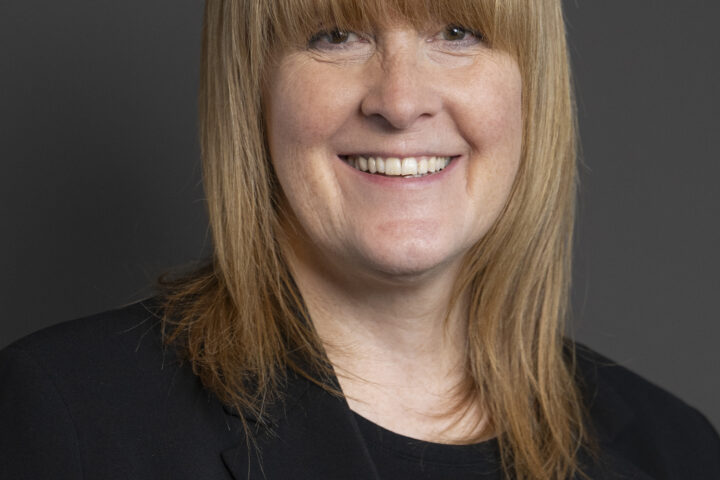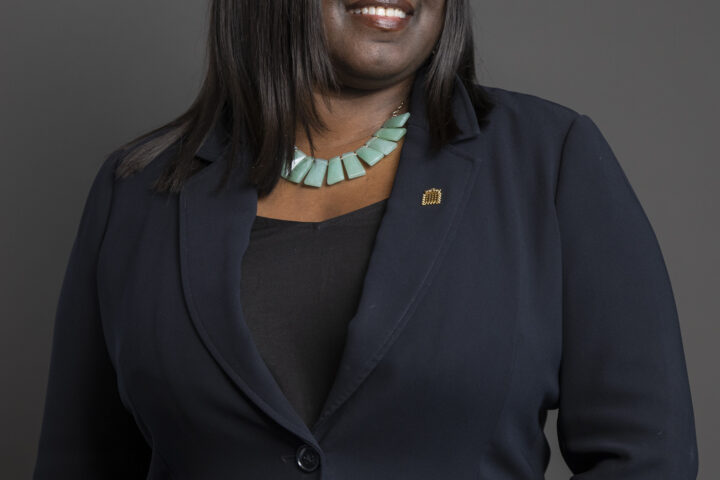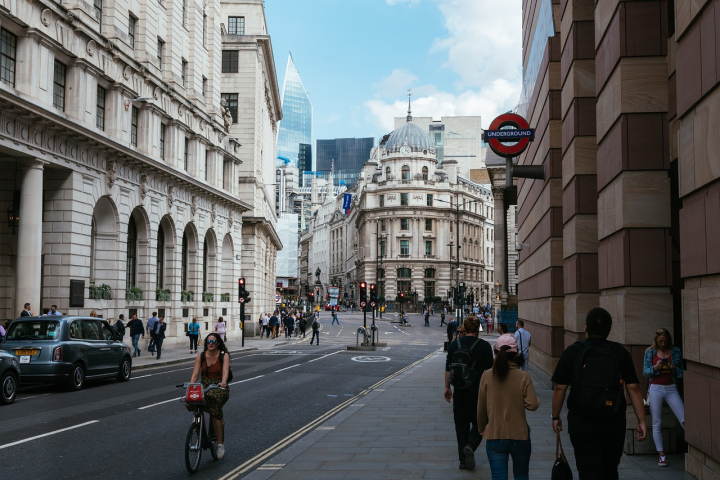Prime Minister Rishi Sunak remains off the campaign trail as he attends a Ukraine Peace conference in Switzerland, following two days at the G7 summit in Italy. Meanwhile, Labour leader Sir Keir Starmer faces scrutiny over the NHS funding plans under a potential Labour government.
At the G7 summit in Italy, Sunak announced a “historic breakthrough” with leaders agreeing on a loan for Ukraine funded by frozen Russian assets in Europe. “This is just and it is right. But true justice will only come when Russia leaves Ukraine,” he stated. Sunak emphasised that peace should not be confused with surrender, reinforcing the UK’s commitment to supporting Ukraine.
Sunak highlighted his party’s pledge to spend 2.5% of GDP on defence, assuring continued support for Ukraine regardless of the general election outcome. He mentioned, “If I’m the Prime Minister, I will be able to go to that [NATO] summit and lead and ask others to follow our leadership.”
Sunak also met with US President Joe Biden, where they discussed holding Russia accountable for its actions in Ukraine and addressing the Middle East situation, specifically urging Hamas to release hostages.
Back in the UK, Sir Keir Starmer campaigns with shadow health secretary Wes Streeting, focusing on NHS waiting lists. Streeting reiterated Labour’s claim that NHS waiting lists could reach 10 million under the Conservatives, a figure disputed by Institute for Fiscal Studies (IFS) economist Max Warner. Current NHS England figures show the waiting list at 7.57 million treatments, affecting 6.33 million patients.
Warner commented that Labour’s pledge to eliminate elective waiting times above 18 weeks by the end of the next parliament would be a significant improvement but would require substantial funding growth. He noted that the Labour manifesto lacks detailed information on overall NHS funding.
Streeting framed the choice for patients under the Conservatives as “Pain or private?” accusing the government of creating a “Tory health tax” where patients pay both their taxes and additional costs for timely treatment.
Elsewhere, Liberal Democrat leader Sir Ed Davey promoted his party’s police and crime policies in Surrey, highlighting low car theft resolution rates. The Liberal Democrats propose scrapping elected police and crime commissioners to redirect funds to frontline policing. Davey criticised the Conservatives for creating a “car theft epidemic” due to inadequate policing.
As the general election approaches, Sunak’s focus on international diplomacy contrasts with Starmer’s domestic policy challenges, particularly on health and public services.
